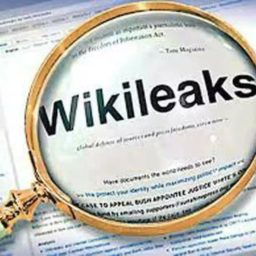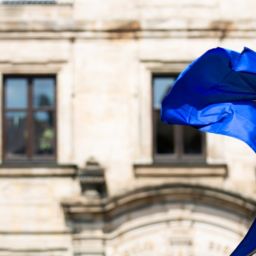What does owning a property in Saudi Arabia mean?

Eye-catching and definitely one of the capital’s most iconic structures, the 99-level Kingdom Center is no doubt one of the most luxurious buildings in Saudi Arabia.
Considered the seventh best country for expats as outlined by the Expat Essentials Index, Saudi Arabia marked the media cycle last week with a frenzy over its announcement that foreigners would be allowed to own property in Saudi Arabia. The Kingdom is currently reviewing a law that would grant the right to non-Saudi nationals to own private and commercial real estate, including Makkah and Madinah. According to a media report, in the past two years, Saudi properties saw an increase of 45%, while demand dropped. This is a problem for a rentier state that is trying to diversify its economy and bring in an influx of cash outside its oil market. According to Abdullah Alhammad, CEO of the Real Estate General Authority (REGA), “The rise in real estate prices is negative for all parties, as the economy is in continuous rotation, and the state is working to enable demand in a way that achieves economic balance for the real estate sector.”
The law is being finalized and expected to be made public soon – no details were further provided. This is not Saudi Arabia’s first law. In 2021, a directive granted foreign residents the right to buy a single property, with some conditions being applied. According to various reports, the new law would simplify the matter and remove those conditions.
This is part of the Kingdom’s rebranding and a key part of bringing foreign investors and expats into the country. By allowing the ownership of properties, the country has put itself in a direct line of competition with the United Arab Emirates.
Saudi Arabia’s national strategy, Vision 2030, heavily relies on economic diversification and openness. In line with this plan that stretches across the country and all markets, the government instilled a mandate in February 2021 that requires foreign companies to relocate and open their headquarters in the country by 2023 or face the risk of losing lucrative governmental business contracts.
In 2021, 44 multinationals including Deloitte, Unilever, and Siemens, had agreed to move their regional headquarters to Saudi Arabia, as mentioned in a report by Al-Arabiya.
The fast-paced openness that the country is facing is following an unprecedented speed in all areas, from real estate, legal changes, restaurants, and commercial malls, to the establishment of new cities.
This push that Vision 2030 has triggered resulted in thousands of new jobs, including the relocation of expats; be it in companies opening their headquarters, to new ones setting up their businesses there.
“Between 2016 and 2020, 555,000 new jobs have been created across Saudi Arabia, and between 2021 and 2030, a further two million jobs are expected to materialize,” Faisal Durrani, partner, and head of Middle East Research at Knight Frank, told The National.
As an indication of the number of expats in Saudi Arabia, “non-Saudis signing up to the Kingdom’s social insurance scheme (mandatory for most employees) skyrocketed from 198,803 in Q2 2022 to 1,183,577 in Q3 2022 […] according to a General Authority for Statistics report.”
These new jobs and influx of expats into the country will require residential complexes and units to be ready and up to standard, this is definitely a challenge development companies are willing to undertake, nevertheless, not in an environment, where supply is much higher than demand.
Based on media reports, the Kingdom is spending about $575 billion “to deliver over 1.3 million new homes, more than three million square meters of offices and over 100,000 hotel rooms […]
In Riyadh, more than 100,000 new homes are expected by the end of 2023 and close to three million square meters of new office space is being built, along with over 12,000 hotel rooms, spread across mega projects worth an estimated $63bn.”
Malls, parks, mega projects, housing units, and major living complexes are being built in and around cities to accommodate expats, different lifestyles, and a growing number of young Saudi nationals who are looking to relocate internally as part of the demographic and cultural shift that Saudi is currently witnessing.
The intention behind allowing foreigners to own property is done with the intent of being more attractive for expats while saving an economy that is considered in its prime days.
By pushing forward this new law, it is repositioning itself within the region, and in the eyes of foreign powers who had only painted Saudi Arabia as a giant oil reserve. Moving to tourism and cultural attractions, the country is offering a mix of modernity and traditional authenticity that the world seems to be fascinated by.
Owning a business or a property in Saudi Arabia means that you’re in the middle of where most actions are taking place, for years to come. With Saudi playing the role of mediator with Iran, peacebuilder in Yemen, and regional tycoon in the Gulf and Middle East, it is attracting quality entrepreneurs and business-driven people, while building its local workforce, faster than expected.
By Marita Kassis
















